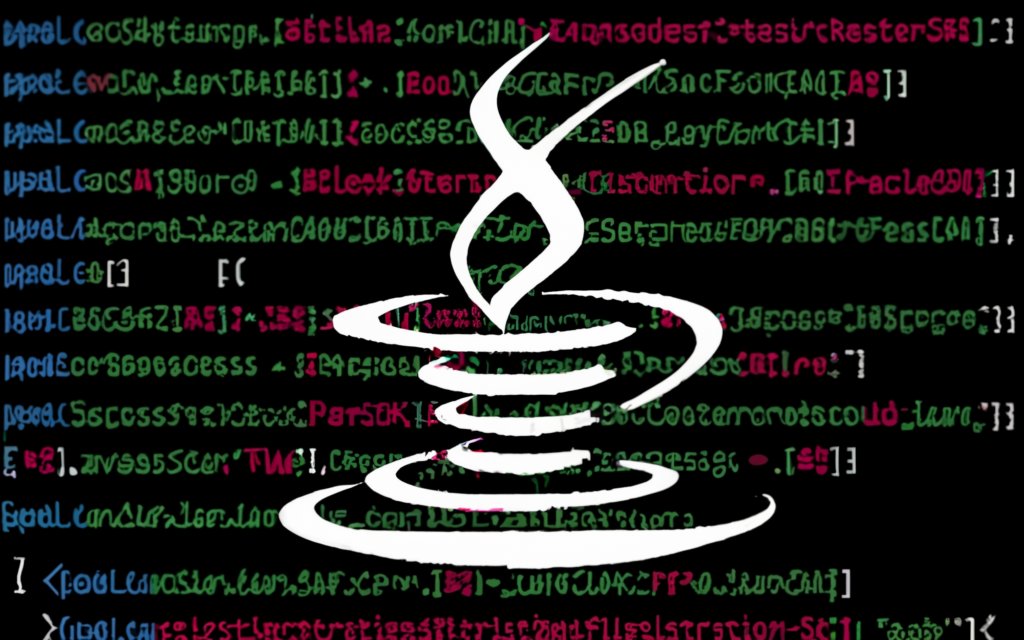
Mostly Asked Java Strings Interview Questions and Answers
Strings, the fundamental building blocks of textual data in Java, play a crucial role in nearly every project. Mastering their manipulation, comparison, and intricacies is a defining skill for any aspiring Java developer. Acing interview questions related to strings can be your golden ticket to landing your dream job. This article equips you with answers to commonly asked Java String interview questions, from the basics to advanced concepts, preparing you to confidently navigate the textual labyrinth of your next interview.
1. Unveiling the Fundamentals: Laying the Foundation
Q: What is a String in Java?
A: A String in Java is an immutable sequence of characters. It represents textual data and is stored in the String pool for memory efficiency.
Q: What is the difference between String and StringBuilder?
A: Both represent strings, but they differ in mutability:
String: Immutable, cannot be modified after creation. New objects are created for any changes.StringBuilder: Mutable, allows efficient modification and concatenation of characters.
Q: How do you compare two Strings in Java?
A: Use the equals() method for content comparison or the == operator for reference comparison. Remember, String comparison is case-sensitive by default.
Q: How do you create a new String from an array of characters?
A: Use the String(char[] chars) constructor or methods like String.valueOf(char[] chars).
2. Diving Deeper: Exploring String Manipulation Techniques
Q: How do you find the length of a String?
A: Use the length() method to return the number of characters in the String.
Q: How do you extract a substring from a String?
A: Use methods like substring(int beginIndex, int endIndex) to extract a specific portion of characters.
Q: How do you trim whitespace from a String?
A: Use methods like trim() to remove leading and trailing whitespace characters.
Q: How do you convert a String to lowercase or uppercase?
A: Use methods like toLowerCase() and toUpperCase() to modify the case of all characters in the String.
3. Advanced Skills: Mastering Regular Expressions and Performance
Q: What are regular expressions and how are they used with Strings?
A: Regular expressions are patterns used for searching and manipulating text. Java provides methods like matches(String regex) and split(String regex) to apply regular expressions on Strings.
Q: How can you improve the performance of String operations?
A: Consider these tips:
- Use String literals instead of creating new Strings dynamically.
- Favor
StringBuilderfor frequent modifications. - Utilize
intern()to check if a String already exists in the String pool. - Avoid unnecessary
Stringconcatenations, consider usingStringBuilderor efficient alternatives.
Q: How do you handle encoding and decoding of Strings?
A: Java provides classes like Charset and StandardCharsets to encode and decode Strings between different character sets like UTF-8 and UTF-16.
4. Beyond the Basics: Interview Insights and Best Practices
Q: Explain the concept of String immutability and its implications.
A: String immutability ensures thread safety and data consistency but requires creating new objects for any changes. Understand the trade-offs and choose appropriate techniques for efficient manipulation.
Q: How do you debug common String-related errors and exceptions?
A: Familiarize yourself with common String-related exceptions like NullPointerException and IndexOutOfBoundsException. Understand their causes and use techniques like debugging tools and proper logging to diagnose and fix issues.
Q: How can you stay updated on the latest advancements in String handling in Java?
A: Regularly check the Java documentation for new features and updates, explore libraries and frameworks like Apache Commons Lang that extend String functionalities, and keep yourself engaged in the Java developer community for latest trends and best practices.
5. Conclusion: Conquering the String Labyrinth with Confidence
By equipping yourself with the knowledge and insights above, you can transform string-related interview questions into stepping stones for success. Remember, practice is key: explore code examples, experiment with different techniques, and actively engage in learning. Embrace the challenge, master the art of string manipulation, and write your way to becoming a confident and skilled Java developer. The world of strings awaits, and with the right tools and knowledge, you can navigate its intricacies with ease and grace.
Go Beyond the Interview: Mastering strings opens doors to diverse applications. Explore real-world scenarios like data parsing, text analysis, and web development, where your string manipulation skills will shine.
Keep Coding and Learning: The journey of mastering strings is a continuous adventure. Immerse yourself in Java communities, participate in coding challenges, and explore advanced concepts like regular expressions and concurrency. Remember, with every challenge conquered, you become a more versatile and valuable developer.
So, embrace the power of strings, hone your skills, and code your way to your dreams. Remember, the labyrinth of strings holds endless possibilities, and with the right approach, you can transform it into your own masterpiece.
I hope this comprehensive guide to Java String interview questions and answers proves invaluable as you prepare for your next coding adventure. Feel free to comment any further questions you might have about specific concepts or challenges. Remember, CodeForHunger is here to guide you through the labyrinth of strings and help you unlock your full potential as a Java developer!




